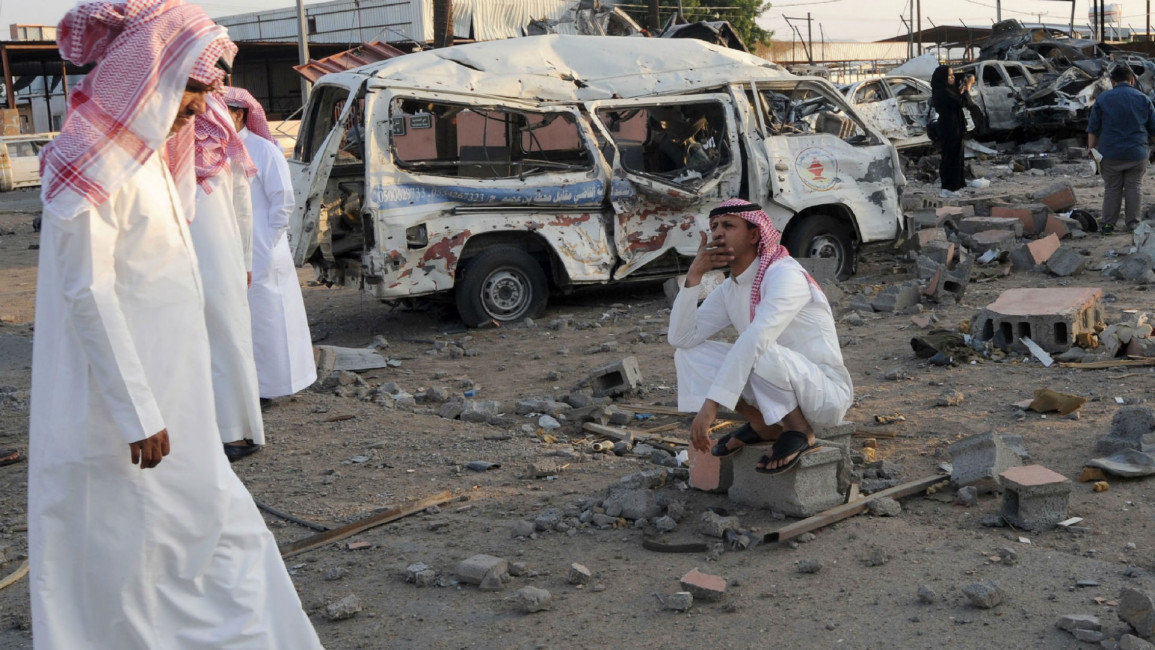UN says Yemen's Houthi missiles have 'common origin', but refuse to confirm weapons 'Iranian supplied'
Missiles fired by Yemen's Houthi missiles at Saudi towns and cities appear to have a common origin, the UN has said, but the body refused to confirm Riyadh's suspicions that they were Iranian supplied.
A UN team was sent to Saudi Arabia to investigate claims by Riyadh that missiles fired into its territory originate from Iran.
Investigators examined shrapnel from projectiles fired between July and November, wrote UN Secretary-General Antonio Guterres in a confidential report, seen by Reuters.
"[They found] that the missiles had similar structural and manufacturing features which suggest a common origin," said Guterres.
The US has backed Saudi Arabia in calling for an investigation by the UN into alleged Iranian supplies to Yemen's rebels.
The Houthis have fired dozens of missiles from northern Yemen into Saudi Arabia, while Riyadh has led a military campaign against the rebels with airstrikes killing thousands of fighters and civilian.
In November, a Houthi missile was shot down over the Saudi capital Riyadh, sparking alarm in the kingdom.
Riyadh claimed the weapon was Iranian supplied and Tehran's alleged support for the rebels was "direct military aggression" against Saudi Arabia.
UN investigators said that weapon showed signs of a logo similar to that of the "Shahid Bagheri Industrial Group", a Tehran-based missile manufacturer, blacklisted by the world body.
Since the 4 November attack tensions have peaked, particularly after the killing of former President and one-time ally Ali Abdullah Saleh by suspected Houthi forces, just as he appeared to be breaking his alliance with the rebels.
UN investigators are "still analysing the information collected and will report back to the Security Council", Guterres wrote.
Saudi Arabia has stepped up its airstrikes on Yemen and tightened a blockade on the country since the 4 November missile strike.
Houthi rebels took over the capital Sanaa in 2014, forcing the government to flee south. Saudi Arabia led an Arab coalition to provide military support to the UN-backed government in March 2015.
Riyadh's air campaign and blockade of Yemen have been blamed for thousands of civilian deaths and prolonged the war in the country, human rights groups say.



